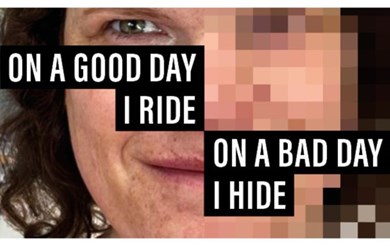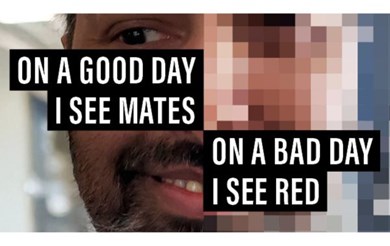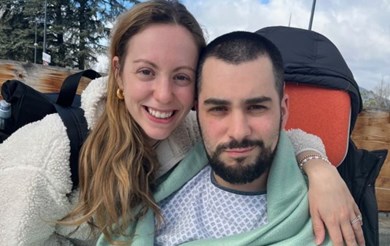What the proposals will mean
The proposals set out in Pathways to Work: Reforming Benefits and Support to Get Britain Working, primarily concern Universal Credit and Personal Independence Payment (PIP). Should the proposals go through, eligibility for the ‘daily living’ component of PIP will be reduced, meaning that fewer people, including brain injury survivors, will receive it in the future.
Brain injury survivors have a fundamental right to receive the help, support, and understanding they need to live fulfilling and independent lives. But these latest proposals threaten to strip away this right, with an estimated £5bn in cuts that will inevitably push some of the most vulnerable members of society into even greater hardship.
We welcome the ending of the Work Capability Assessment, which has systematically failed survivors; however, concerns remain about the use of the PIP assessment process (subject to review) for the health element of universal credit.
What Headway has advocated for
In our response, we strongly advocated for fairer PIP assessments for brain injury survivors, which we argue should be undertaken by benefits assessors who have been trained in understanding the hidden, complex and fluctuating nature of brain injury, through training courses such as Headway’s Understanding Brain Injury course. This training would help assessors to understand how these impacts can make it difficult or impossible both to find work and to remain in work.
We also outlined the benefits of commissioning brain injury advocates to explain survivors’ needs to prospective employers and to champion appropriate support and reasonable adjustments in the workplace. This would help ensure survivors are not faced with the burden of advocating for themselves on top of the fatigue and anxiety often involved in starting a new job.
In addition, we urged the Government to provide funding for vocational rehabilitation, enabling all local Headway charities to support brain injury survivors who wish to return to work but need specialist rehabilitation and long-term support to do so.
Statement from Headway CEO
As Luke Griggs, Headway’s CEO, states:
“With the right support, at the right time, there can be life after brain injury. However, many survivors cannot return to work due to lasting cognitive, physical, and psychological effects. They need support, not judgment.
“For others, employment is key to regaining independence but only if they can access specialist community services like those provided by Headway, which offer vital help, including vocational rehabilitation.
“Unfortunately, the local charities delivering these services are grossly under-resourced due to chronic underfunding. If the Government is serious about helping disabled people return to work or education, it must urgently invest in and work with charities like Headway.
“Employers must be equipped to offer meaningful opportunities and make reasonable adjustments for those with hidden or fluctuating conditions. Still, for many brain injury survivors, work is simply not an option. The Government must ensure they are not left behind and are supported to live full, dignified lives.”
Back










